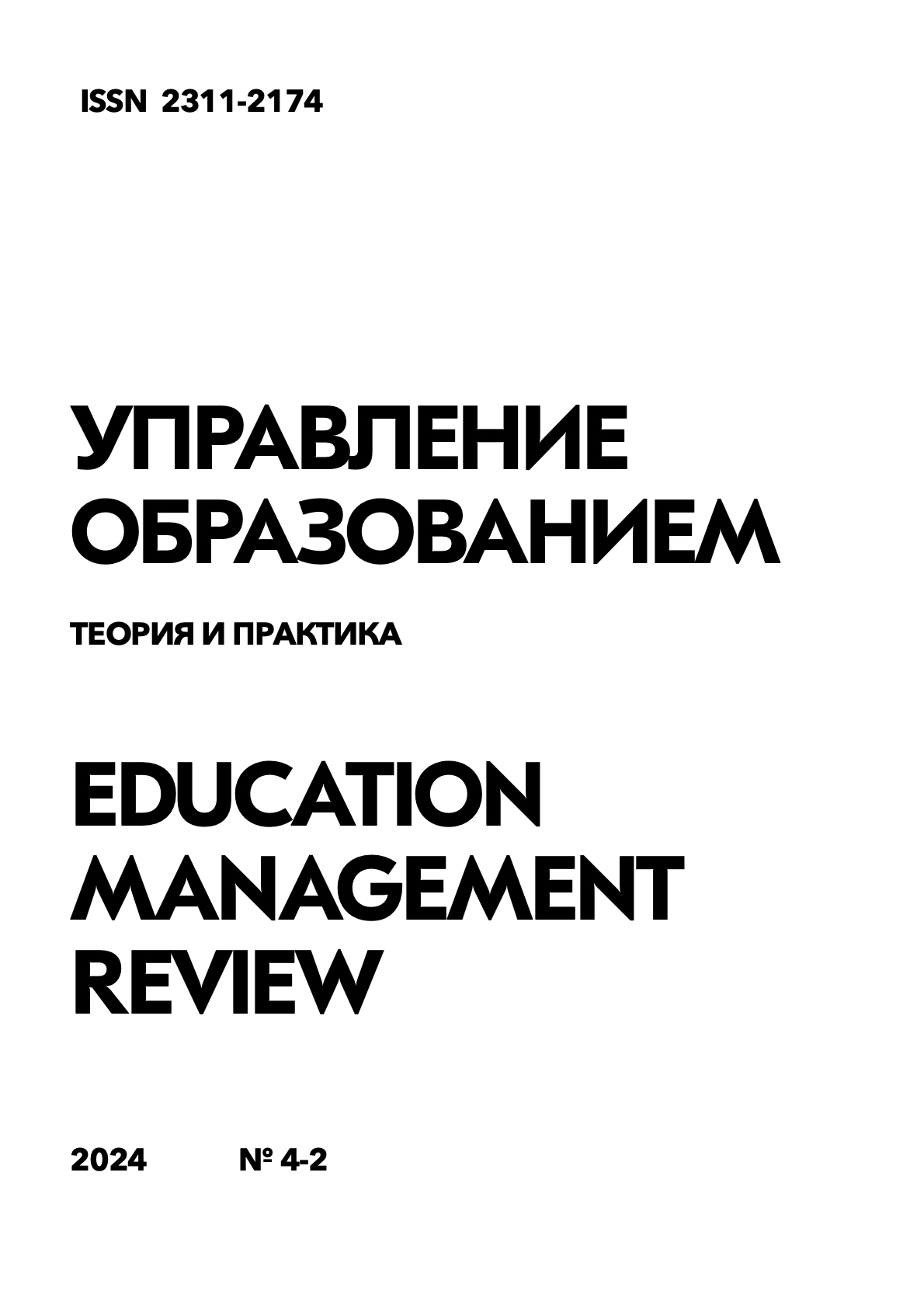Pedagogical technology of ethnic identity formation through social networks
Keywords:
health-saving behavior, medical knowledge, educational programs, integration, secondary school students.Abstract
Currently, an urgent problem is to increase the level of health-saving behavior of secondary school students. One of the effective ways to solve this problem is to integrate medical knowledge into educational programs. The purpose of this study is to study the impact of the inclusion of medical knowledge in the educational process on the health-saving behavior of schoolchildren. The study was conducted on the basis of 5 secondary schools in Moscow during the 2022-2023 academic year. 450 students of grades 7-9 took part in the experiment, which were divided into experimental (n=225) and control (n= 225) groups. In the experimental group, additional medical blocks were included in the educational program, consisting of 30 hours of theoretical and practical classes. The assessment of health-saving behavior was carried out using questionnaires and analysis of medical documentation before and after the experiment. According to the results of the study, it was revealed that the integration of medical knowledge into the educational process has a statistically significant positive effect on the health-saving behavior of students. In the experimental group, the proportion of schoolchildren adhering to the principles of a healthy diet increased by 22.4% (p<0.05), the number of students regularly engaged in physical activity increased by 18.7% (p<0.05), and the prevalence of tobacco smoking decreased by 31.2% (p<0.01). In addition, the number of school days missed due to illness decreased by 27.6% (p<0.05) in the experimental group.
References
Баранов А.А., Кучма В.Р., Сухарева Л.М. Оценка состояния здоровья детей. Новые подходы к профилактической и оздоровительной работе в образовательных учреждениях. М.: ГЭОТАР-Медиа, 2008. 437 с.
Кучма В.Р., Сухарева Л.М., Рапопорт И.К. Школы здоровья в России. М.: Научный центр здоровья детей РАМН, 2009. 128 с.
Лисицын Ю.П. Общественное здоровье и здравоохранение. М.: ГЭОТАР-Медиа, 2010. 512 с.
Онищенко Г.Г., Баранов А.А., Кучма В.Р. Безопасное будущее детей России. Научно-методические основы подготовки плана действий в области окружающей среды и здоровья наших детей. М.: ГЭОТАР-Медиа, 2004. 154 с.
St Leger L. Schools, health literacy and public health: possibilities and challenges // Health Promotion International. 2001. № 16(2). рр. 197-205.
Nutbeam D. Health literacy as a public health goal: a challenge for contemporary health education and communication strategies into the 21st century // Health Promotion International. 2000. Vol. 15. № 3. рр. 259-267.
Kok G., Schaalma H., Ruiter R.A., van Empelen P. Intervention mapping: a protocol for applying health psychology theory to prevention programmes // J Health Psychol. 2004. Vol. 9. №1. рр. 85-98.
Danielsen K., Sundgot-Borgen J., Maehlum S., Svendsen M. Beyond weight reduction: improvements in quality of life after an intensive lifestyle intervention in subjects with severe obesity // Ann Med. 2014. Vol. 46. № 5. рр. 273-282.
Lee A., Tsang C., Lee S.H., To C.Y. A comprehensive «Healthy Schools Programme» to promote school health: the Hong Kong experience in joining the efforts of health and education sectors // J Epidemiol Community Health. 2003. Vol. 57. № 3. рр. 174-177.
Knai C., Pomerleau J., Lock K., McKee M. Getting children to eat more fruit and vegetables: a systematic review // Prev Med. 2006. Vol. 42. № 2. рр. 85-95.
Shepherd J., Garcia J., Oliver S., Harden A., Rees R., Brunton G., Oakley A. Barriers to, and facilitators of the health of young people: a systematic review of evidence on young people's views and on interventions in mental health, physical activity and healthy eating. L.: EPPI-Centre, Social Science Research Unit, Institute of Education, University of London, 2002. 265 p.
Langford R., Bonell C., Jones H., Pouliou T., Murphy S., Waters E., Komro K., Gibbs L., Magnus D., Campbell R. The World Health Organization's Health Promoting Schools framework: a сochrane systematic review and meta-analysis // BMC Public Health. 2015. Vol. 15. P. 130.
Brown T., Summerbell C. Systematic review of school-based interventions that focus on changing dietary intake and physical activity levels to prevent childhood obesity: an update to the obesity guidance produced by the National Institute for Health and Clinical Excellence // Obes Rev. 2009. Vol. 10. № 1. pp. 110-141.
Dobbins M., Husson H., DeCorby K., LaRocca R.L. School-based physical activity programs for promoting physical activity and fitness in children and adolescents aged 6 to 18 // Cochrane Database Syst Rev. 2013. Vol. 2.
Downloads
Published
How to Cite
Issue
Section
License

This work is licensed under a Creative Commons Attribution-NonCommercial-NoDerivatives 4.0 International License.




